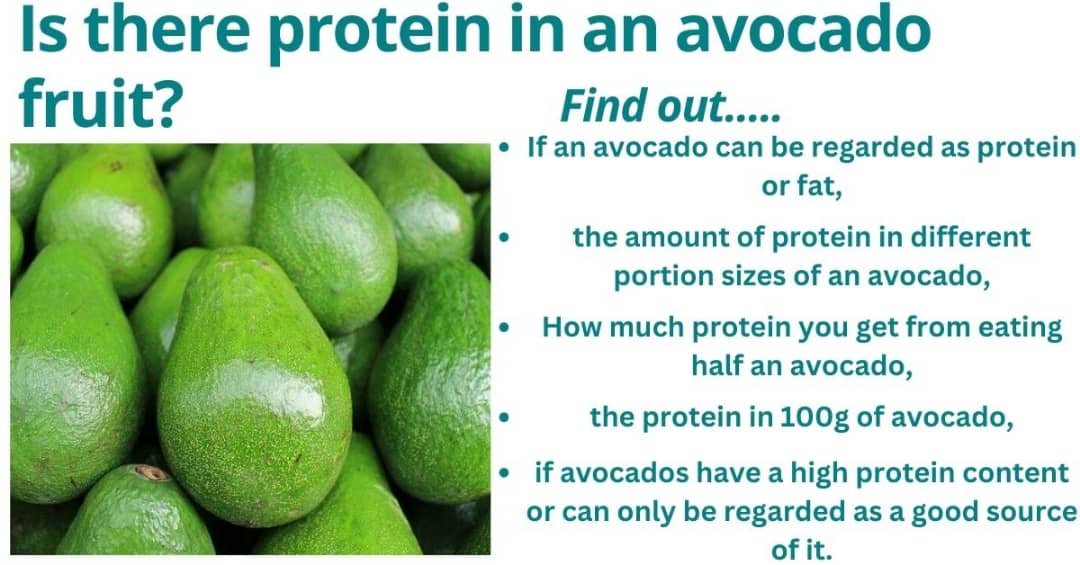
Table of Contents
Avocados, as fruits, are not as sweet as most other fruits but they are endowed with so many beneficial nutrients that they are a staple in a wide variety of meals. Among the nutrients you get in avocados are proteins.
You may want to glance through each nutrient content of avocados and the health benefits covered in a previous article in which we highlighted the nutritional value of avocados. In this article, we’ll discuss the protein in avocados in detail.
Is avocado protein or fat?
Avocados, as mentioned earlier, do contain some proteins but this amount can’t be used to categorize them as proteinous foods. They contain far more fats than proteins so are better said to be fats than proteins.
A medium-sized avocado weighing 150g contains about 22g of fat which is approximately 14.67% of total fat content which makes it a calorie-dense food. I gave a table that shows the amount of fat contained in different portions of avocado in another article that you may want to check out.
More than 80% of the fat content is unsaturated fats and the rest is saturated. Most of the unsaturated fats are monounsaturated. The rich healthy fat content is responsible for a lot of the health benefits it’s known for in addition to numerous other individual nutrients.
Kindly keep in touch by signing up for our newsletter:
How much protein does an avocado have?
One large avocado weighing 201g contains about 4.2g of protein, a medium avocado of 150g contains 3g of protein while a small avocado of 100g has 2g of protein. Below is a table showing the amount of protein content in different portion sizes of avocados according to the US Department of Agriculture (USDA).
| Portion size of avocado | Amount of protein |
|---|---|
| 100g | 2g |
| 1 cup, pureed (230g) | 4.6g |
| 1 cup, cubes (150G) | 3g |
| 1 cup, sliced (146g) | 2.92g |
| 1 NLEA serving (50g) | 1g |
| 1 large fruit (201g) | 4.02g |
| 1 medium-sized | 3g |
| 1 small-sized | 1 medium-sized |
From the table above you’ll notice a standard serving of avocado, according to the Nutrition Labeling and Education Act, gives you only 1g of protein. This is way below your body’s daily protein requirement by a lot.
How much protein is there in half an avocado?
The amount of protein you’ll get from half an avocado will vary depending on the size of the avocado in question. The amount of protein you’ll get from half of some known sizes of avocados is listed below.
| Portion size of avocado | Amount of protein |
|---|---|
| Half a small-sized | 1g |
| Half a medium-sized | 1.5g |
| Half a large-sized | 2.01g |
Deriving the figures given above is very easy. Once you know the amount of protein content of a whole avocado as shown in Table 1 above, you get the protein contained in half of each size by dividing the figure by 2. Thus the protein contained in half a medium-sized avocado is 3g ÷ 2 = 1.5g.
Avocado protein per 100g.
100g of avocado is of the same size as what is called a small avocado and it contains 2g of protein. This is roughly half the size of a large-sized avocado fruit. It is also the equivalent of two NLEA portion sizes.
A medium-sized avocado is about 3 serving sizes and contains 3g of protein. In contrast, the large fruit as specified in previous tables represents 4 NLEA serving sizes and has approximately 4g of protein.
Are avocados high in protein?
A serving of avocado contains only 1g of protein as we’ve seen from the tables above. The daily dietary allowance for proteins is derived by multiplying your body weight in kilograms by 0.8. For instance, if you weigh 60kg, you’ll need 48g of protein (60X0.8g) which is the minimum daily requirement for you.
According to the Food and Drug Administration, for a food to be taken as an excellent source of a nutrient, a serving of it must contain about 20% of the dietary allowance for that nutrient as reported by the Harvard Medical School. 20% of 48g is 9.6g of protein.
Since a serving of avocado contains only 1g of avocado, it doesn’t qualify to be tagged as a high protein source.
The daily requirement of 48g of protein is just for people with minimal activity levels. For those with higher active levels, you’ll have to use figures much higher than 0.8 to derive their daily dietary allowance as stated in the National Center for Biotechnology Information (NCBI).1
Is avocado a good source of protein?
According to the Food and Drug Administration criteria, for a food substance to be classified as a good source of a particular nutrient, a serving of it must contain at least 10% of the daily dietary allowance of that nutrient. The minimum daily dietary protein allowance for someone weighing 60kg is 48g as we calculated above.
10% of 48g Is 4.8g but a serving of avocado only has 1g of protein as we’ve highlighted in earlier sections. With 1g of protein from a serving, you’ll still need an additional 3.8g of protein to meet this criteria. This represents almost 4 more servings. For this reason, avocados are not good sources of protein.
I hope the information contained here satisfactorily answers your question on this topic, if so, kindly share to inform others. Feel free to ask any more questions you may have.
Reference
- Wu G. Dietary protein intake and human health. Food Funct. 2016 Mar;7(3):1251-65. doi: 10.1039/c5fo01530h. PMID: 26797090. ↩︎




























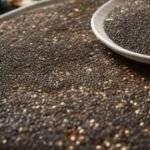
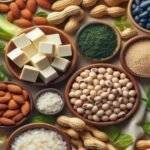
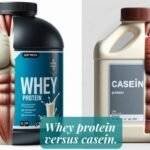











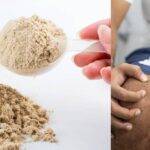












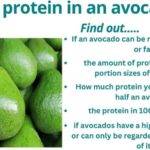




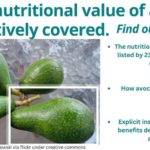
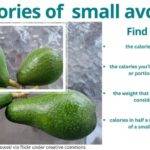
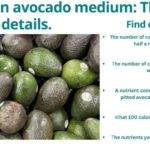
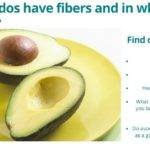


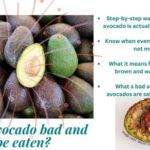












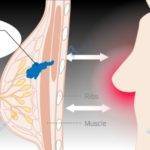

































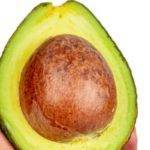











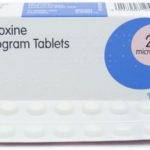


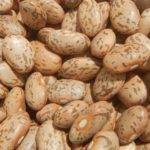
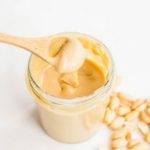








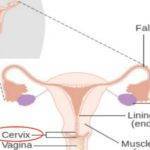













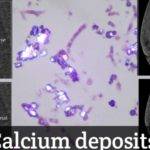






Needed to draft you a very small remark in order to thank you once again on the nice methods you presented this article.